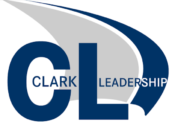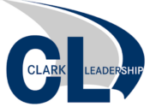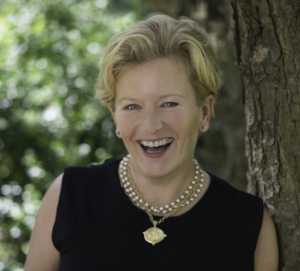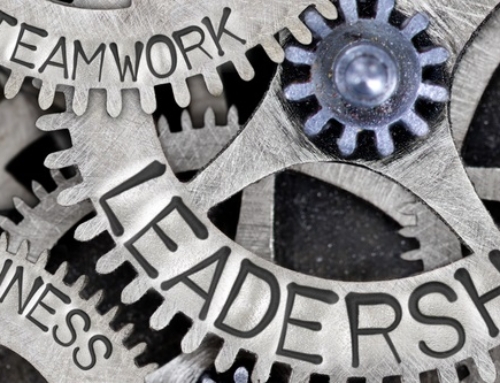Self Mastery: The Essential Element of Leadership
By Dr. Kristin Backstrom
As you probably know, there seems to be no shortage of theories around what makes a leader. In fact, Clark Leadership’s very own Zachary Cochran shared his interesting thoughts last month on leadership in our blog. I welcome you to re-read his thoughts here. To recap, Zachary shared his definition of leadership as being built on self-management which itself consists of three skills: self-mastery, critical thinking, and learning agility.
Let’s pause just for a second so we’re on the same page. I look at skills as something that can be practiced in the moment. It’s applied knowledge, not abstract learning. For example, using clarifying questions to delve deep into an issue is, in itself, a powerful skill. If you and your team are using clarifying questions correctly in meetings, you find over time meetings are both more effective and shorter.
With practical skills in mind, I’d like to take Zachary’s definition and instead focus on self-mastery as the essential element of leadership. It’s my belief that successful leaders will exemplify self-mastery in their day-to-day life, and through self-mastery they develop the ability to collaborate, seek out the perspectives of others, and make great decisions. None of those skills are possible if a leader isn’t in ownership of their thoughts and feelings. Many people have not learned there is a difference between thoughts and feelings. An effective leader will not just know the difference but can accept emotional instability and move beyond it when the inevitable bumps in the road occur.
So, what does that mean? The framework I put forth has self-mastery as your highest developmental goal. The logical output of self-awareness and self-control is self-mastery. To help leaders and their people grow into self-mastery, breaking down that big skill into smaller skills provides them the bite-sized growth opportunities our brains prefer.
Think about what skills flow into and grow self-mastery. My “list” of those building block skills includes awareness and regulation of emotion, a learning mindset, recognition of our own biases, an active cultivation of open-mindedness and humility, and clarity in communications.
Identifying and practicing the smaller skills that allow growth of larger skills is the name of the game. And that can happen when you work with a coach or participate in a facilitated peer group. I’m big on sharing the “how” throughout any learning process. Leaders and their teams improve when they can learn new (and necessary) skills, particularly around self-mastery.





